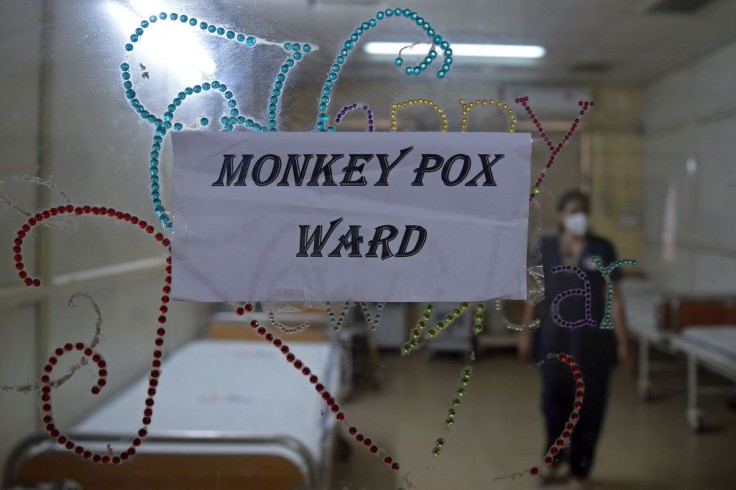
The U.S. Centers for Disease Control and Prevention (CDC) has confirmed that a pregnant mom with monkeypox delivered a healthy baby who did not contract the virus from the womb.
The CDC released limited information about the pregnant mom and child. However, Dr. John Brook of the Infectious Disease Society of America said during a webinar Saturday, July 23, that they are both doing well, according to CBS News.
Dr. Brett Petersen from the CDC also confirmed that the mom and baby were fine, and the newborn received an infusion of immune globulin after doctors determined that the mother tested positive for the virus. Immune globulin is an antibody treatment that helps the body fight viruses or bacteria.
"Profound risk" of monkeypox in pregnant women and kids
In an interview with NPR, White House chief medical adviser Dr. Anthony Fauci reiterated that people need to understand the "profound risk" of monkeypox on pregnant women and children. Since the discovery of monkeypox in the 1950s, previous studies have shown that a pregnant mom with monkeypox may suffer a miscarriage or stillborn birth.
Since pregnant mothers may have their immunities suppressed, then their bodies can't fight off a monkeypox infection properly. On the other hand, babies and young kids are still developing their immunities.
Experts believe that if the fetus catches the virus in the womb in the first ten weeks of the pregnancy, the baby might develop congenital abnormalities. While most cases do not lead to death, those with weakened immunities are more likely to fall seriously ill and die from the virus.
Fauci's statement comes as 99 percent of the over 19,000 cases globally are mostly men who have sexual relations with other men. However, the virus may still be transmitted to all demographics, as with the recent cases of two California children who tested positive.
Protecting each other in the family
Contrary to perceived beliefs, monkeypox is not a sexually-transmitted disease, even though most current patients are gay men. The virus can still be passed on from one person to the next through skin-to-skin contact. The virus may enter the body through broken skin, eyes, nose, or mouth.
Pregnant moms may pass the monkeypox virus through the placenta. Once the child is born, the virus may also be transmitted through close contact like baby cuddles.
Thus, proven safety protocols should still be observed, especially if pregnant women or young kids are in the family. If someone is sick or showing symptoms, they must be isolated from vulnerable family members. If someone in the family has rashes and scabs from monkeypox, they should steer clear of kids and women until their skin condition has cleared.
Each family member must also practice habits like washing hands, sanitation, and disinfection. Resist touching the bed, towels, clothing, and utensils of a person positive for the virus.
The U.S. Food and Drug Administration (FDA) has approved monkeypox vaccines, which are already rolling out across the country for high-risk individuals. The CDC has full guidelines on the prevention of the virus spread.
Related Article: Monkeypox in Children: First 2 Cases Emerge in the US as WHO Declares Public Health Emergency